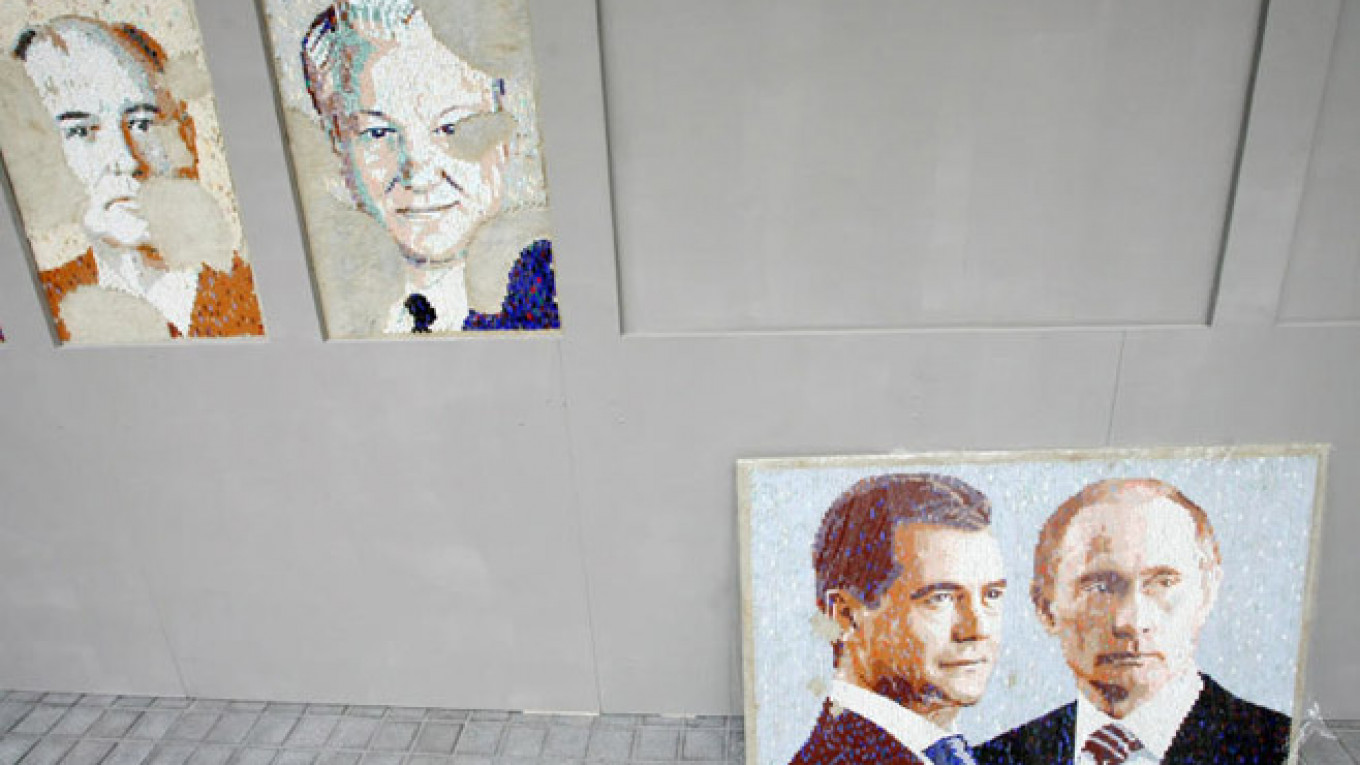Deputy Kremlin chief of staff Vyacheslav Volodin announced last week the advent of "Putin's era" — a period of unshaken political stability lasting decades with the ruling elite continuously in power. This was staking a claim that there would be a future for Putinism beyond Putin.
In a recent interview, President Vladimir Putin indicated he would not be a president-for-life and that it would be good for the country if other people took over. He even floated the option of not running again in 2018 even though the elites expect that he will and 58 percent of Russian voters, according to the Levada Center's latest poll, want him to.
And herein lies the rub. The key to perpetuating Putin's system is to ensure that it could provide for a regular and peaceful change of power at the top and a significant rotation of ruling elites either through a relatively free election or a broad-based consensus decision within the elites. For the system to survive, it needs to ease Putin out of power.
Several international models for this exist, and some have unsuccessfully been tried by the Kremlin.
The "dominant party with competing factions" model, borrowed from Japan, fizzled out in 2011 with Putin jettisoning the rapidly degenerating United Russia. Vladislav Surkov's plan for a stable two-party system, roughly modeled on the U.S., never took hold as there could be no credible opposition to Putin.
Dmitry Medvedev's elevation to the presidency in 2008 signaled Russia adopting a modified version of the Chinese model where a new generation of leaders with a fresh vision ascends to power at regular intervals. This required Putin to gradually give up all executive positions and fade away into glorious history. He changed his mind halfway through the experiment.
With Putin increasingly sounding like a Russian ayatollah, we now seem to be heading toward the Iranian model.
But it too requires the supreme leader to withdraw from executive power and allow for rival elite factions to advance competing visions for the country's future in relatively fair elections that may actually result in a change of policy. For Russia, this would be an improvement on the current situation, although there would more likely be a Russian Ahmadinejad before a Russian Rouhani.
The danger, though, is that we would miss the Iran stop, too, and transit direct to Assad's Syria.
Originally published by chathamhouse.com.
Vladimir Frolov is president of LEFF Group, a government relations and PR company.
A Message from The Moscow Times:
Dear readers,
We are facing unprecedented challenges. Russia's Prosecutor General's Office has designated The Moscow Times as an "undesirable" organization, criminalizing our work and putting our staff at risk of prosecution. This follows our earlier unjust labeling as a "foreign agent."
These actions are direct attempts to silence independent journalism in Russia. The authorities claim our work "discredits the decisions of the Russian leadership." We see things differently: we strive to provide accurate, unbiased reporting on Russia.
We, the journalists of The Moscow Times, refuse to be silenced. But to continue our work, we need your help.
Your support, no matter how small, makes a world of difference. If you can, please support us monthly starting from just $2. It's quick to set up, and every contribution makes a significant impact.
By supporting The Moscow Times, you're defending open, independent journalism in the face of repression. Thank you for standing with us.
Remind me later.








